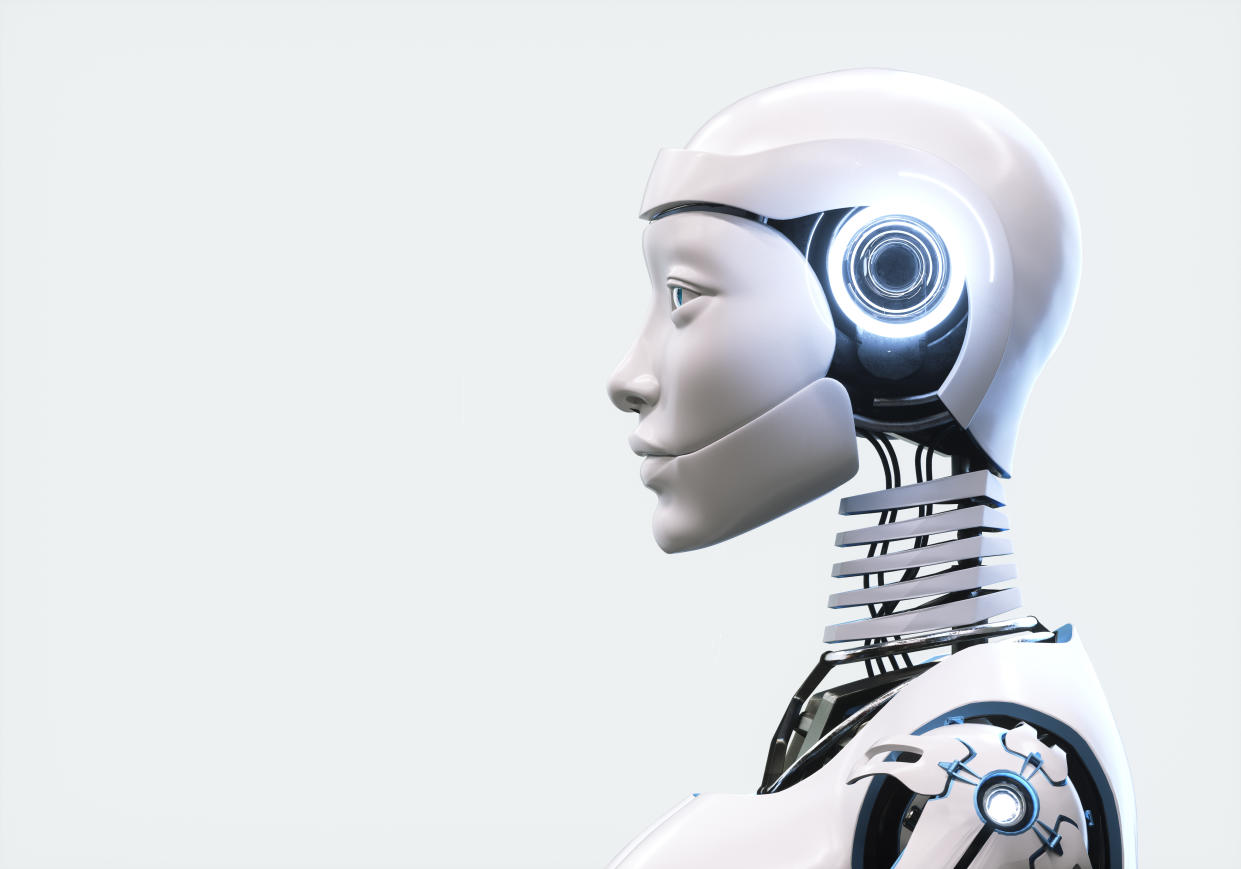2021 prediction: 35% of global firms will double-down on workplace AI

Artificial intelligence (AI) in the workplace has long been a sensitive topic. Many people see it as robots taking over their jobs, while some firms remain sceptical about the technology due to the costs.
But, in the face of the coronavirus crisis many businesses have come around to the benefits of AI.
According to a report by Forrester, AI adoption grew by 15 percentage points in 2020. Forrester suggests that firms will tackle all the negative ideas of AI in 2021.
Forrester says that in 2021, “the grittiest of companies will push AI to new frontiers, such as holographic meetings for remote work and on-demand personalised manufacturing.”
Additionally, it predicts that 35% of companies will “double-down” on AI in the workplace. Post-coronavirus, 18.2 million US workers will work from home, including call centre and cubicle workers.
It says that, location-based, physical or human-touch workers will remain as they are but will struggle due to social distancing.
In 2021, more than a third of firms in “adaptive and growth mode” will look to AI to help with coronavirus workplace disruptions.
For remote work staff, this means augmenting and automating tasks previously done in the office or with higher labor costs in areas like customer service support. For employees in a physical setting, semiautonomous robots will help them in warehouses and factories due to social distancing.
With working from home here to stay, 2021 could see innovation and virtual communication pushed to new frontiers, such as holographic meetings for remote work and on-demand personalised manufacturing.
A separate research by Fountech.ai in October 2020, found that 55% of UK companies have started exploring how AI could improve their product or service. The figure is highest among small and medium-sized enterprises, at 61% and 66% respectively.
It also said that of the 430 respondents, 45% of businesses would implement AI technologies in the next 12 months.

Founder of Fountech.ai, Nikolas Kairinos, said: “Businesses’ curiosity about the potential of AI has grown notably over recent years. This has no doubt been compounded by the COVID-19 pandemic: survival has emerged as the number one reason to invest in emerging technologies.”
Kairinos said that the shift towards remote working has forced enterprises around the world to “re-examine their existing processes and find new ways of maintaining productivity in a virtual setting.”
“Companies are investing more aggressively in powerful cloud-computing technologies and sophisticated AI solutions as they continue to migrate their work and communications online,” he said.

AI is not a new concept and it doesn’t always mean robots. The technology is already in our smartphones, video games and home supplies such as Amazon’s (AMZN) Alexa and not to forget Apple’s (AAPL) Siri.
Multiple industries, such as the healthcare, automotive, aviation and farming sectors have long been using AI technology. Airlines have been using flight stimulators for pilot training. Meanwhile, Tesla (TSLA) has uses AI tech for its autonomous cars.
Social media companies like Facebook (FB), Twitter (TWTR) and search engines like Google all utilise AI technology to study our data and for personalisation.
Entertainment streaming services, like Netflix (NFLX) also use AI to understand what people like to watch so it can suggest things you like to you.
Even in journalism, in September 2020 the Guardian published an entire article written by AI. The industry has particularly been hard hit by AI innovation as many journalist were made redundant amid the digital shift.
WATCH: Artificial intelligence robots are being designed to help people in their homes


